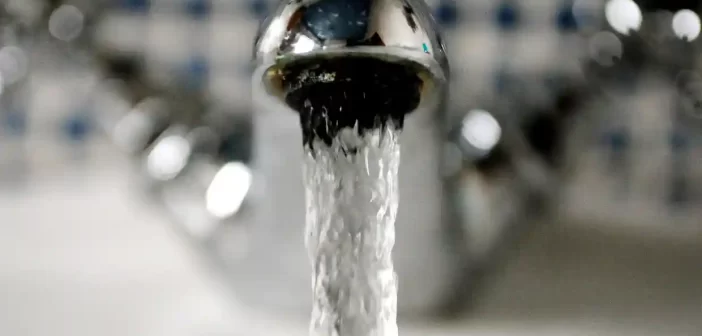The water company Severn Trent has launched a £30m financial support package to help a further 100,000 of its customers, as it warns that the cost of living crisis means more people are struggling to pay their water bill.
The Coventry-headquartered company supplies more than 8 million customers across a region stretching from the Bristol Channel to the Humber, and from mid-Wales to the east Midlands, and said it has the second-lowest water bills in England at £389 a year.
The company already supported about 215,000 of its customers with their water bill through a social tariff, allowing them to reduce it by up to 90%.
The new funding will result in Severn Trent offering help to 315,000 people, representing about 6% of their total customers. It said this figure represents the number of customers who are assessed as living in water poverty in the region it covers.
“Our customers have the second-lowest combined bill in the UK at around £1 per day but we know that for some, paying their bill is a challenge.”
A review of water affordability, carried out a year ago by the water industry’s consumer watchdog, found that 1.5 million homes across England and Wales were in water poverty, with a further 3 million on the edge of it, meaning they were paying more than 5% of their income after housing costs on water bills.
The Consumer Council for Water has previously called for a social water tariff for struggling households, and has criticised the patchwork nature of financial support available across the country, which varies between different regional water suppliers.
The number of households struggling to pay their water bills is only likely to have increased in the past 12 months amid soaring food and energy costs.
Severn Trent’s offer of increased support came as it reported a pre-tax profit of £274m for the year to 31 March, a 2.6% increase on a year earlier.
The FTSE 100-listed company also increased its shareholder dividend in line with inflation.
Severn Trent was fined £1.5m last December for illegal sewage discharges from its wastewater treatment plants in Worcestershire.
The company said 90% of its customers live within an hour’s drive of a designated bathing site, and it was working on reducing spills from storm overflows and sewage treatment works to an average of 20 a year by 2025.
Source: The Guardian

